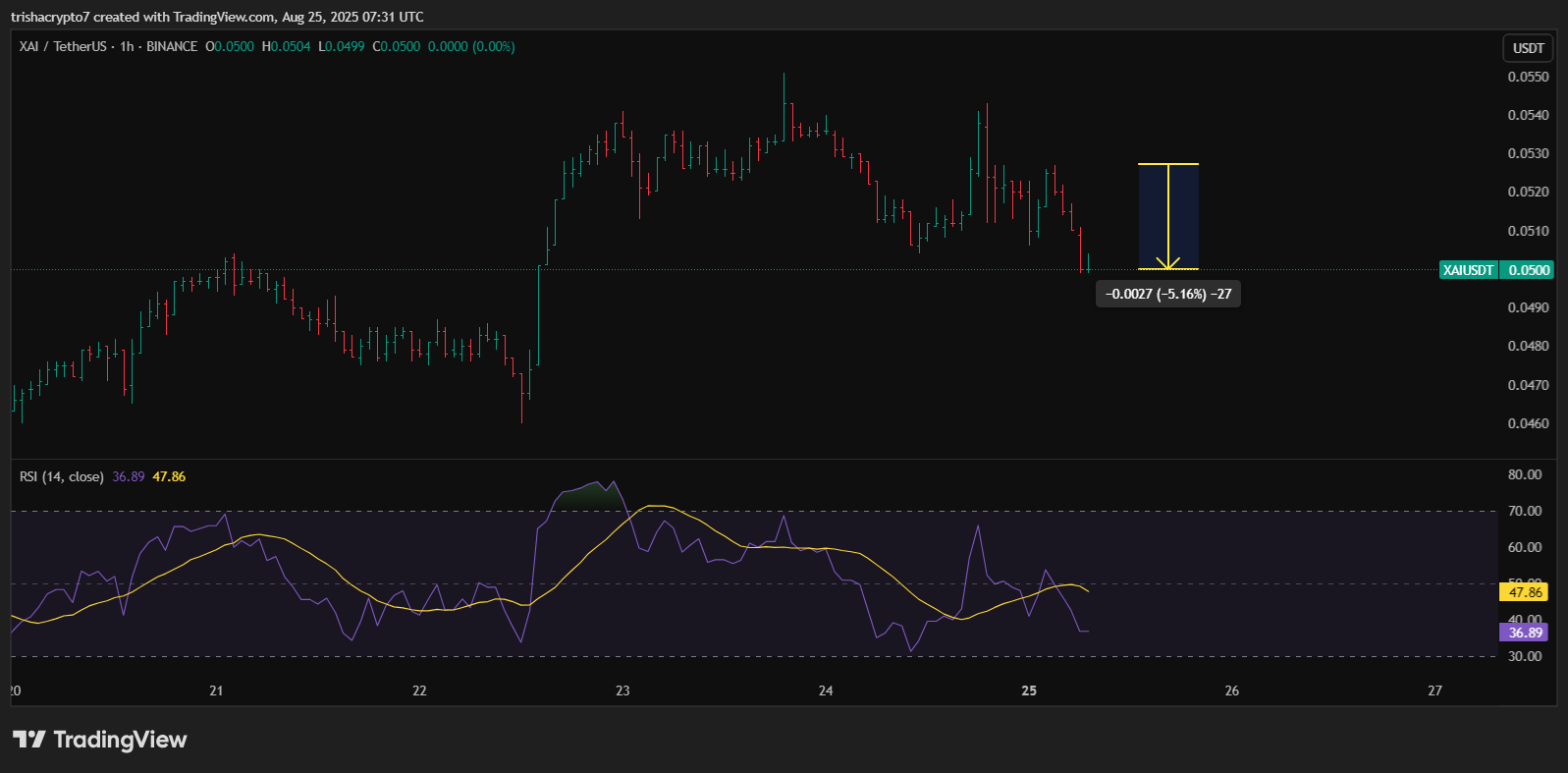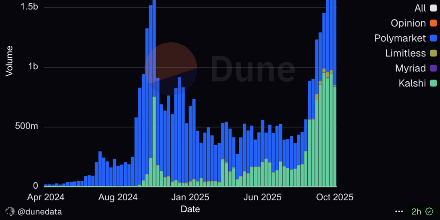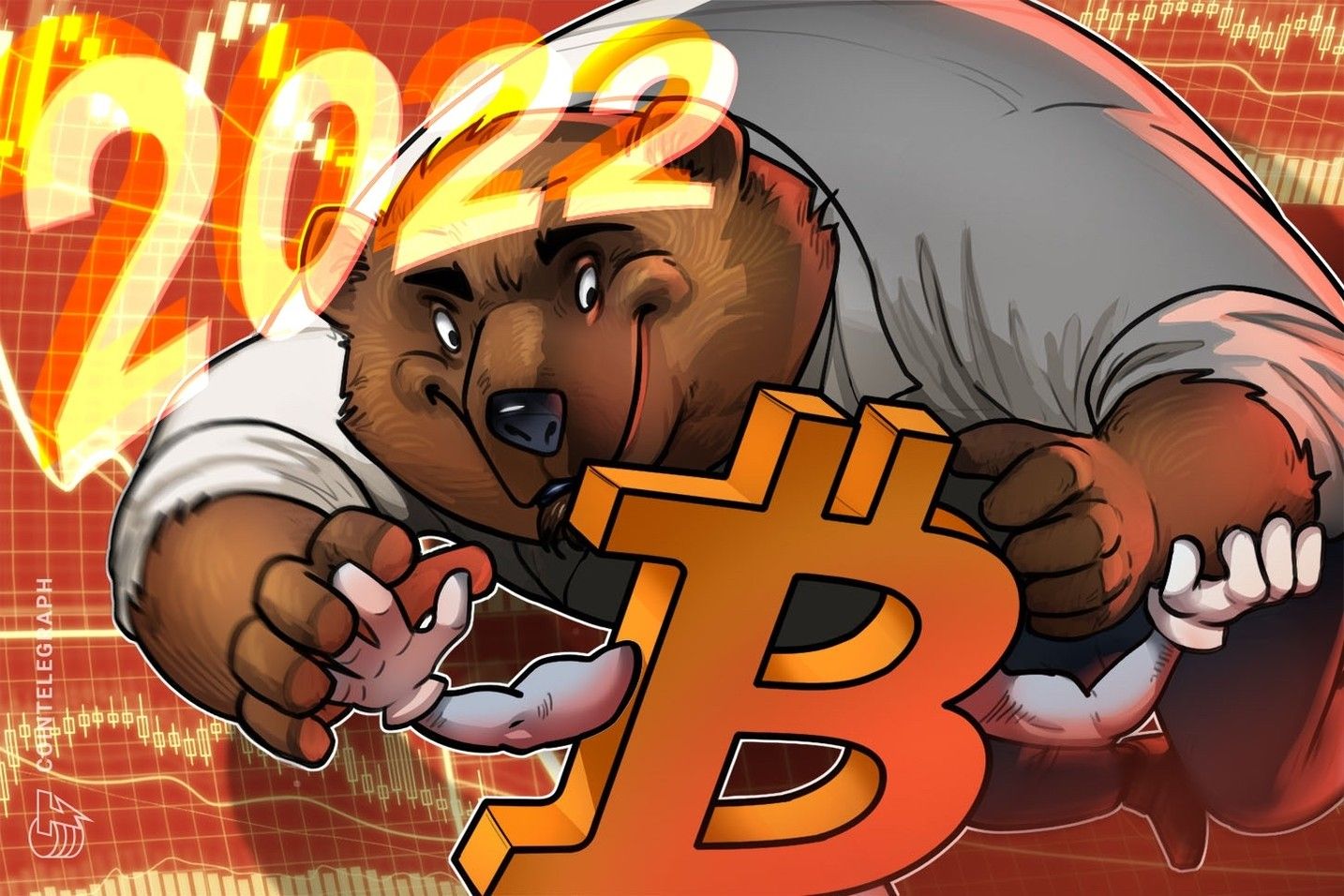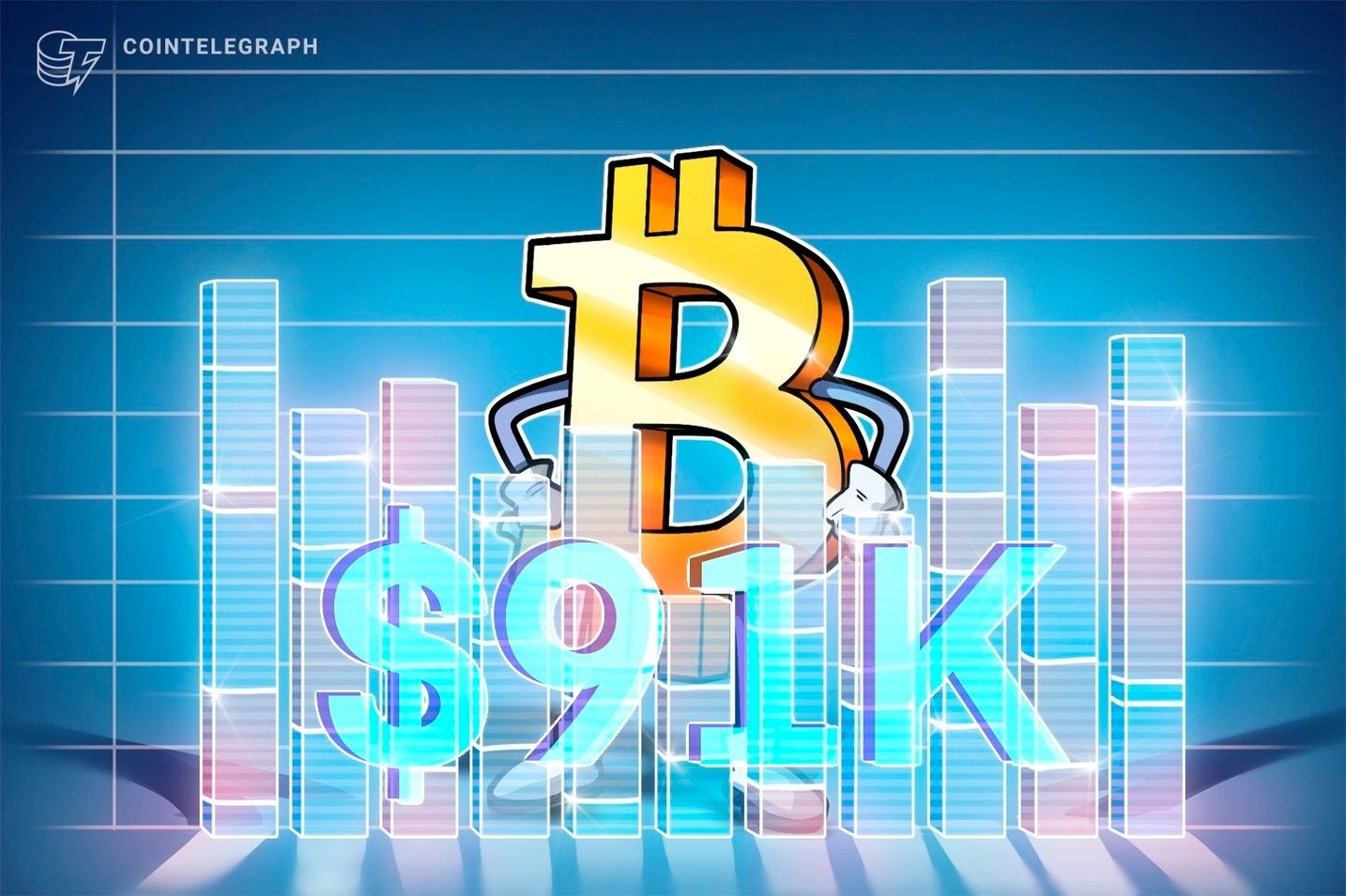Ethereum gaming network XAI sues Elon Musk’s AI company
Ethereum gaming firm Ex Populus is taking legal action against Elon Musk’s artificial intelligence company, xAI. The name similarity has allegedly caused widespread market confusion.
- Ex Populus sues Elon Musk’s AI company over trademark infringement.
- The similarity in name and sector has allegedly caused widespread confusion amongst traders, with many believing the firm’s network to be part of Musk’s AI gaming firm.
The Ethereum ( ETH )-based gaming network has filed a lawsuit against Elon Musk’s artificial intelligence company xAI, accusing it of trademark infringement. The Ether gaming firm behind the network, Ex Populus, announced the lawsuit via its X platform and on its community forum .
“With increased confusion around Elon Musk’s AI company, it’s a big responsibility to safeguard the brand that the community trusts,” said the official account.
Launched in 2021, Ex Populus is a game production and publishing company that focuses on blockchain-based gaming, specifically in the Ethereum ecosystem.
In 2023, the company developed a platform called Xai that enables video game developers to make use of AI-driven gaming solutions and autonomous software systems across multiple platforms. As of late, this platform has been mistaken for Elon Musk’s own artificial intelligence company, which he dubbed xAI.
XAI’s claim over Elon Musk’s trademark infringement
According to the document, Ex Populus filed the lawsuit on the grounds of trademark infringement, unfair competition and false designation of origin as well as unfair business practices. It claims to have registered the trademark since June 2023, which protects it under common law rights.
Despite the trademark, Elon Musk has continued to publicly use the name to refer to his artificial intelligence company linked to the X social media platform. On July 2023, Elon Musk announced he would create a new artificial intelligence and technology company that he named “xAI.”
As a result, many traders began mistaking Ex Populus’ network for Musk’s AI gaming venture. As the post had already reached more than 36 million viewers, it amplified consumer confusion between the two brands. Not to mention, X’s own AI assistant Grok mistakenly told users that the social media account for the Ex Populus network was linked to Musk’s AI company.
“Consumers familiar with Plaintiff’s XAI brand and its established reputation in the video gaming industry instantly began inaccurately conflating Plaintiff with Musk’s/Defendants’ “xAI” company,” wrote the company in the lawsuit filing .
XAI price analysis
After news of the lawsuit against Musk went viral, the native token experienced a drop in value. On August 25, the token dropped 5.16% from its previous daily peak. It is currently trading at $0.0499.
The sharp rejection and highlighted drop zone indicate that bears remain in control for the short term. If this level fails to hold, the next significant support could be around the $0.047–$0.048 range as it continues to dive even lower.
The Relative Strength Index currently sits at 36.89, which is close to the oversold zone. This indicates that bearish momentum is strong but could be nearing exhaustion. The RSI has been trending below its moving average, reflecting sustained weakness. However, with RSI nearing oversold territory, a short-term relief bounce is possible if buyers step in.
 Price chart for XAI in the past few days, August 25, 2025 | Source: TradingView
Price chart for XAI in the past few days, August 25, 2025 | Source: TradingView
Disclaimer: The content of this article solely reflects the author's opinion and does not represent the platform in any capacity. This article is not intended to serve as a reference for making investment decisions.
You may also like
OracleX Global Public Beta: Restructuring Prediction Market Incentive Mechanisms with "Proof of Behavior Contribution"
OracleX is a decentralized prediction platform based on the POC protocol. It addresses pain points in the prediction market through a dual-token model and a contribution reward mechanism, aiming to build a collective intelligence decision-making ecosystem. Summary generated by Mars AI The content of this summary is produced by the Mars AI model, and its accuracy and completeness are still being iteratively improved.

Bitcoin is not "digital gold"—it is the global base currency of the AI era
The article refutes the argument that bitcoin will be replaced, highlighting bitcoin's unique value as a protocol layer, including its network effects, immutability, and potential as a global settlement layer. It also explores new opportunities for bitcoin in the AI era. Summary generated by Mars AI. This summary was produced by the Mars AI model, and the accuracy and completeness of its content are still being iteratively improved.

Bitcoin 2022 bear market correlation hits 98% as ETFs add $220M

Fed rate-cut bets surge: Can Bitcoin finally break $91K to go higher?

